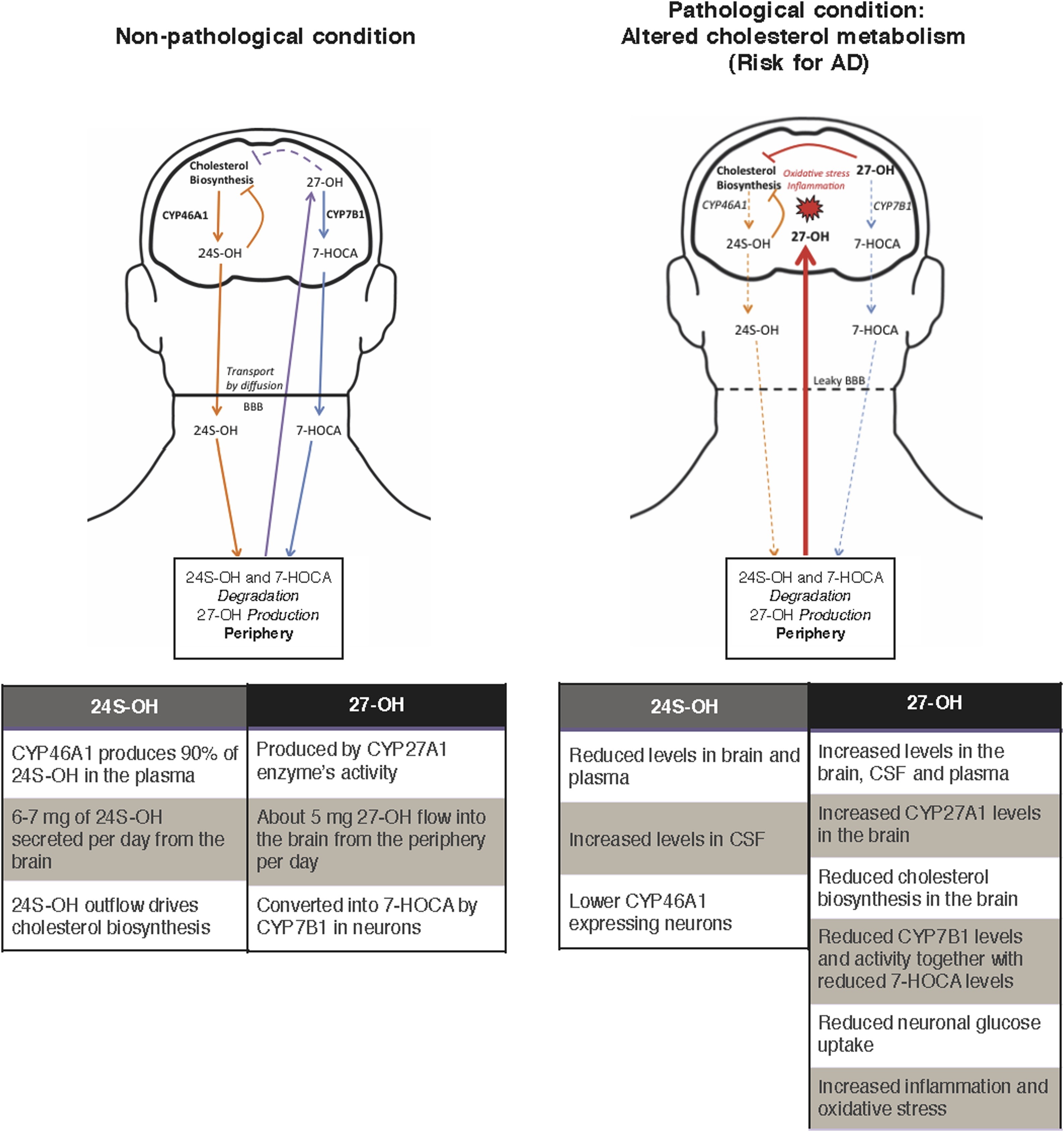Globally, industrial agriculture threatens critical ecosystem processes on which crop production depends, while 815 million people are undernourished and many more suffer from malnutrition. The second Sustainable Development Goal (SDG 2), Zero Hunger, seeks to simultaneously address global environmental sustainability and food security challenges. We conducted an integrated literature review organized around three disciplinary perspectives central to realizing SDG 2: ecology and agricultural sciences, nutrition and public health, and political economy and policy science.
A growing movement of conservationists proposes to stem biodiversity losses by setting aside half of Earth's land as an interconnected global conservation reserve. As the largest land governance proposal in history, Half Earth engages with some of the wickedest challenges in land system science. How best to allocate and manage Earth's land to maximize biodiversity conservation in the face of competing demands for food, housing and other human needs? Can half of Earth's land be reallocated and governed fairly and equitably in ways that honor the rights of vulnerable populations?


